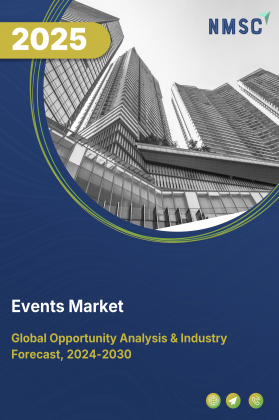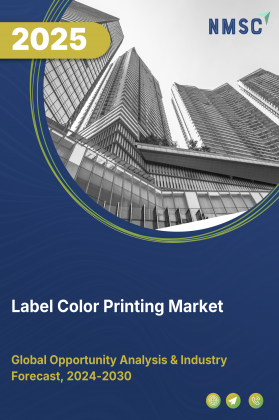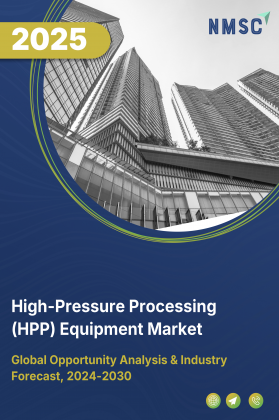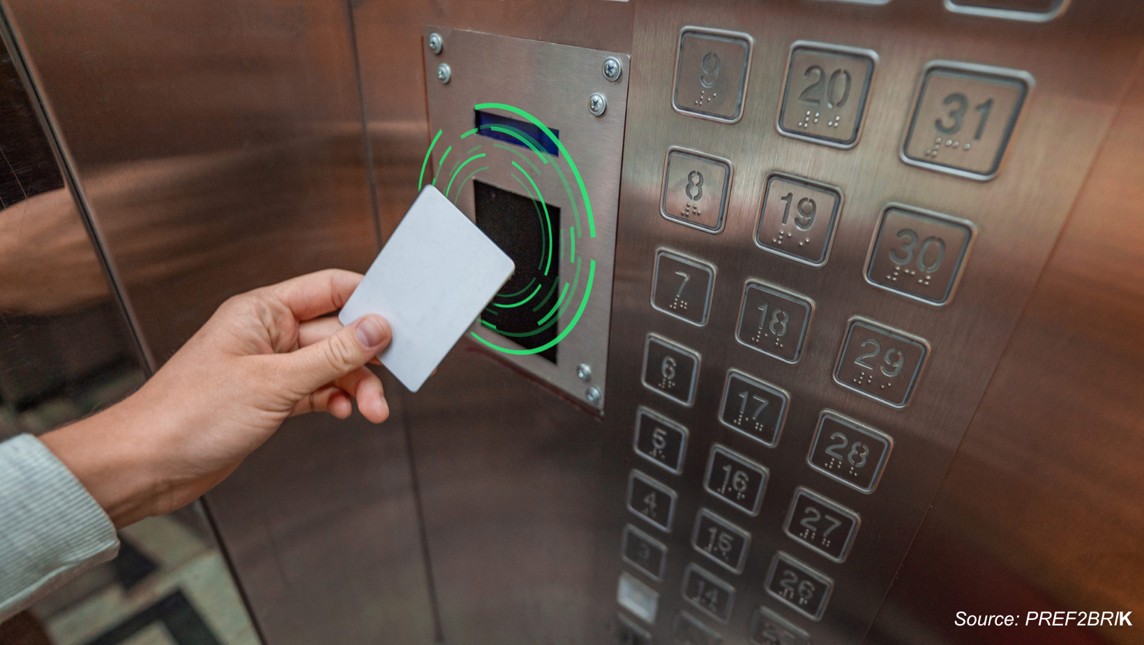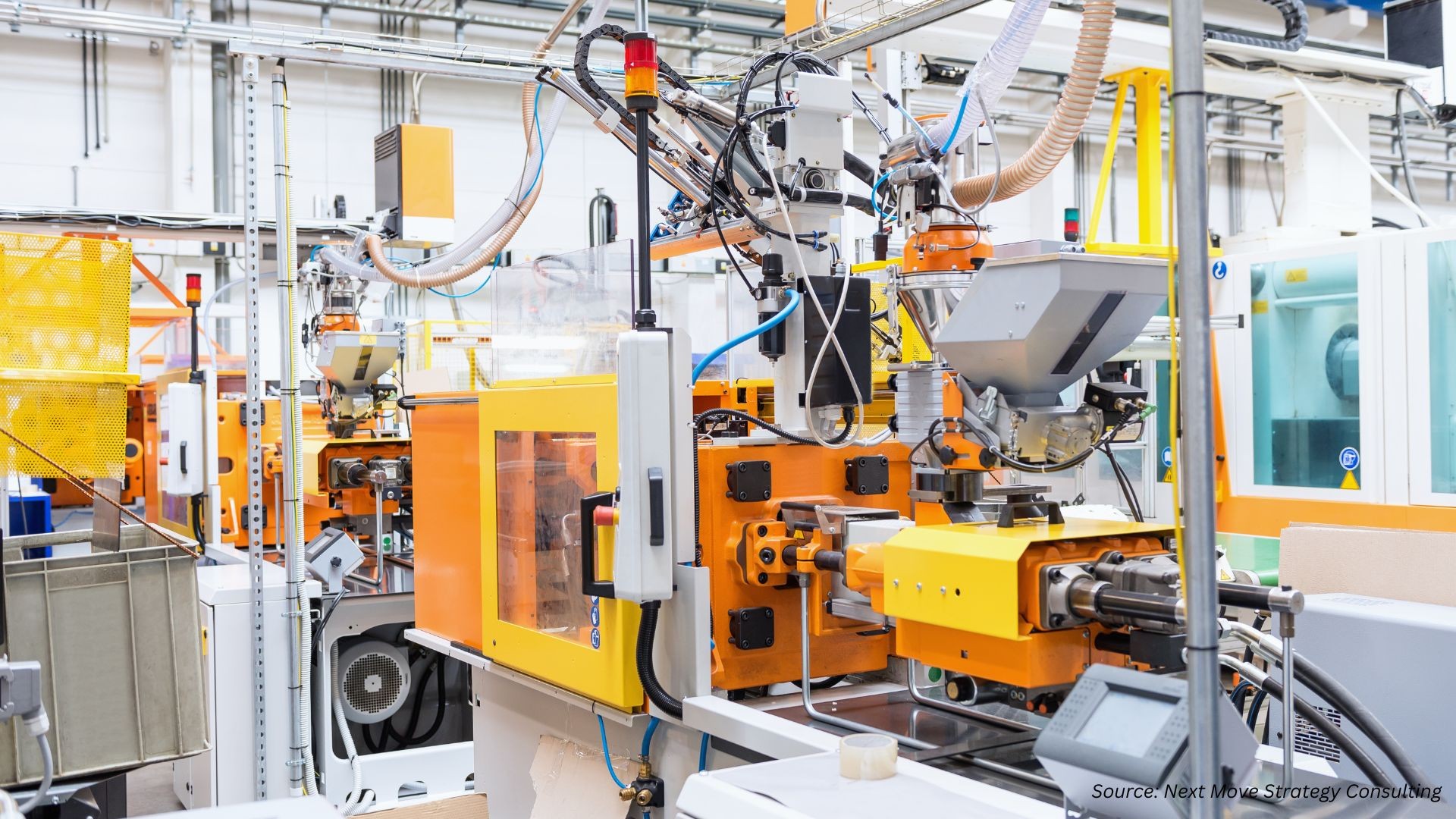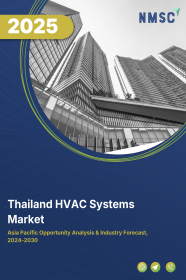
Thailand HVAC Systems Market by Equipment (Room‐Level Air Conditioners, and Others), by System Type (Centralized Systems, and Others), by Implementation Type (New Construction Buildings, and Others), by Technology (Inverter Technology, and Others), by Energy Efficiency (1 Star, 2 Star, and Others), by Capacity (Up t1.5 Ton, and Others), by Installation/Mounting (Wall-mounted, and Others), by End User (Commercial, and Others)- Opportunity Analysis and Industry Forecast, 2024– 2030.
Industry: Construction & Manufacturing | Publish Date: 15-Oct-2025 | No of Pages: 152 | No. of Tables: 236 | No. of Figures: 181 | Format: PDF | Report Code : CM1950
Market Definition
The Thailand HVAC System Market size was valued at USD 1.58 billion in 2023, and is predicted to reach USD 2.90 billion by 2030, at a CAGR of 8.5% from 2024 to 2030.
HVAC (Heating, Ventilation, and Air Conditioning) refers to the technology and systems used in buildings to regulate indoor environmental conditions such as temperature, humidity, and air quality to ensure comfort and safety for occupants. Heating systems provide warmth during colder months, ventilation systems circulate and replenish indoor air, and air conditioning systems cool and dehumidify indoor air during warmer months.
HVAC systems offer several advantages, including improved occupant comfort and health, increased energy efficiency leading to cost savings, better indoor air quality through filtration and ventilation, precise temperature control for enhanced productivity in commercial settings, and protection of building infrastructure from extreme weather conditions. Additionally, these systems can be designed to meet specific requirements, contributing to sustainability goals by reducing carbon emissions and promoting eco-friendly practices in building operations.
Expansion of Smart And Connected Hvac Solutions Drives Efficiency And Uptime
The HVAC systems industry is experiencing significant growth driven by environmental imperatives. With increasing concerns about climate change, air quality, and ozone layer depletion, there is a growing emphasis on sustainable practices and regulatory compliance. Governments worldwide are implementing policies to reduce the environmental impact of HVAC systems, leading to the development and adoption of eco-friendly technologies.
Moreover, environmental considerations are instrumental in shaping the trajectory of the HVAC systems market. Heightened awareness of issues such as climate change, air quality degradation, and ozone layer depletion has underscored the need for sustainable practices and regulatory oversight. Governments worldwide are enacting legislation to mitigate the environmental impact of HVAC systems, fostering innovation in eco-friendly technologies.
Surge In Commercial Real Estate and Data Center Development Accelerates Installations
Thailand’s commercial property sector—spanning office towers, mixed‑use complexes, and logistics parks—is experiencing a construction boom that demands high‑capacity, precision‑cooling solutions. At the same time, the nation’s expanding digital economy is fueling new data center projects, each requiring mission‑critical HVAC systems with tight temperature and humidity control. These large‑scale applications are prioritizing modular chillers, high‑efficiency rooftop units, and redundant air‑handling setups. As developers race to complete projects under aggressive green‑building targets, HVAC suppliers are scaling up production of turnkey systems tailored for these high‑demand environments.
Skilled Labor Shortage Hinders Installation And Maintenance Quality
Thailand’s rapid adoption of advanced HVAC technologies—such as VRF systems, IoT‑enabled controls, and specialized air‑purification modules—has outpaced the availability of certified installers and service technicians. The gap in formal training programs and accreditation standards means many projects face delays or suboptimal system performance. End‑users are wary of committing to high‑end solutions if they cannot secure reliable ongoing maintenance, driving some buyers to stick with simpler, legacy systems. Until workforce development catches up with product innovation, this talent bottleneck will constrain market penetration of next‑generation HVAC offerings.
Green Building Certification Demand to Accelerate Eco-friendly Hvac Adoption
The rising popularity of green building certifications such as TREES (Thailand Rating of Energy and Environmental Sustainability) and LEED (Leadership in Energy and Environmental Design) is creating a strong opportunity for HVAC system providers in Thailand. As more developers aim to meet sustainable construction benchmarks, demand is growing for energy-efficient, low-emission HVAC solutions that contribute toward certification credits. This includes systems with eco-friendly refrigerants, enhanced thermal performance, and smart energy management capabilities. The expanding green construction pipeline—driven by both regulatory incentives and market preference—is expected to drive long-term adoption of high-performance HVAC technologies tailored for sustainable buildings.
Competitive Landscape
The market players operating in the Thailand HVAC System market include Daikin Industries (Thailand) Ltd., Mitsubishi Electric Corporation, Midea Group Co. Ltd., Haier Appliance Manufacture (Thailand) Co. Ltd., LG Electronics Inc., Fujitsu General (Thailand) Co. Ltd., Panasonic Appliances Refrigeration Devices (Thailand) Co. Ltd., Carrier Air Conditioning (Thailand) Co. Ltd., Johnson Controls International (Thailand) Co. Ltd., Robert Bosch GmbH (Bosch Home Comfort Group), Mitsubishi Heavy Industries – Mahajak Air Conditioners Co. Ltd., GREE ELECTRIC (THAILAND) CO. LTD., Samsung Electronics Co. Ltd., Hisense International (Thailand) Co. Ltd., Trane Technologies plc and others.
Thailand HVAC System Market Key Segments
By Equipment
-
Room‐Level Air Conditioners
-
Window
-
Portable
-
Cassette (ceiling-mounted)
-
Floor-standing console
-
-
Split Air Conditioners
-
Single-split (1 indoor + 1 outdoor)
-
Multi-split (≥2 indoors + 1 outdoor)
-
VRF/VRV
-
-
Packaged & Central AC Units
-
Rooftop packaged units
-
Self-contained packaged units
-
Central chiller and AHU systems
-
-
Chillers
-
Air-cooled
-
Water-cooled
-
Absorption
-
-
Heating Equipment
-
Heat Pumps
-
Furnaces
-
Boilers
-
Unit Heaters
-
-
Ventilation Equipment
-
Air Handling Units (AHUs)
-
Fans & Blowers
-
Air Filtration Systems
-
Air Purification Systems
-
-
Humidity Control
-
Humidifiers
-
Dehumidifiers
-
-
Cooling Towers
-
Controls & Thermostats
By System Type
-
Centralized Systems
-
Decentralized Systems
-
Hybrid Systems
By Implementation Type
-
New Construction Buildings
-
Retrofit Buildings
By Technology
-
Inverter Technology
-
Non-Inverter Technology
-
Smart/IoT-enabled
-
Conventional
By Energy Efficiency
-
1 Star
-
2 Star
-
3 Star
-
4 Star
-
5 Star
By Capacity
-
Up to 1.5 Ton
-
1.5-3 Ton
-
3-5 Ton
-
Above 5 Ton
By Installation/Mounting
-
Wall-mounted
-
Ceiling-mounted
-
Floor-standing
-
Ducted
-
Window-mounted
-
Portable
By End User
-
Commercial
-
Offices
-
Hospitality (Hotels, Restaurants)
-
Healthcare
-
Education
-
Retail
-
Airports
-
-
Residential
-
Industrial
Key Players
-
Daikin Industries (Thailand) Ltd.
-
Mitsubishi Electric Corporation
-
Midea Group Co., Ltd.
-
Haier Appliance Manufacture (Thailand) Co., Ltd.
-
LG Electronics Inc.
-
Fujitsu General (Thailand) Co., Ltd.
-
Panasonic Appliances Refrigeration Devices (Thailand) Co., Ltd.
-
Carrier Air Conditioning (Thailand) Co., Ltd.
-
Johnson Controls International (Thailand) Co., Ltd.
-
Robert Bosch GmbH (Bosch Home Comfort Group)
-
Mitsubishi Heavy Industries – Mahajak Air Conditioners Co., Ltd.
-
GREE ELECTRIC (THAILAND) CO., LTD.
-
Samsung Electronics Co., Ltd.
-
Hisense International (Thailand) Co., Ltd.
-
Trane Technologies plc
Report Scope and Segmentation
|
Parameters |
Details |
|
Market Size in 2023 |
USD 1.58 Billion |
|
Revenue Forecast in 2030 |
USD 2.90 Billion |
|
Growth Rate |
CAGR of 8.5% from 2024 to 2030 |
|
Analysis Period |
2023–2030 |
|
Base Year Considered |
2023 |
|
Forecast Period |
2024–2030 |
|
Market Size Estimation |
Billion (USD) |
|
Growth Factors |
|
|
Companies Profiled |
15 |
|
Market Share |
Available for 10 companies |
|
Customization Scope |
Free customization (equivalent up to 80 working hours of analysts) after purchase. Addition or alteration to country, regional, and segment scope. |
|
Pricing and Purchase Options |
Avail customized purchase options to meet your exact research needs. |

















 Speak to Our Analyst
Speak to Our Analyst



